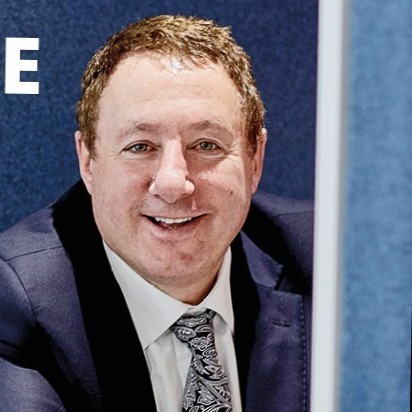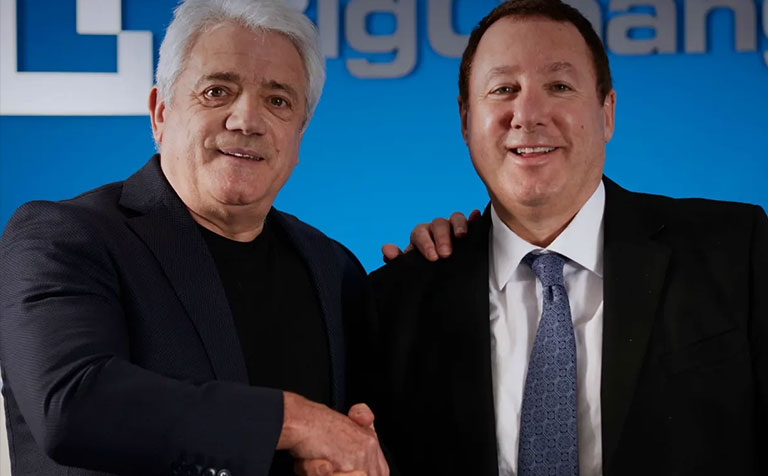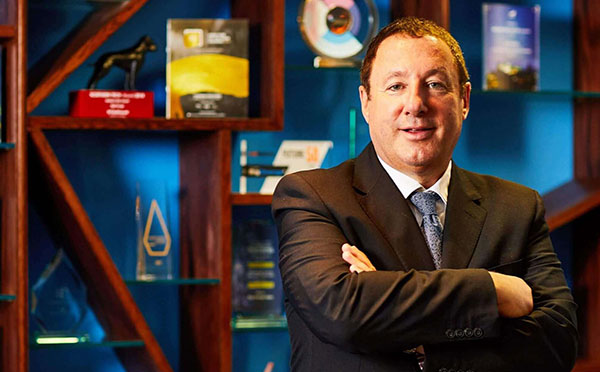Should you tolerate a disruptive genius?
In this special video series, former England footballer and manager Kevin Keegan gives his secrets to great leadership.
In the sixth of nine videos with BigChange founder Martin Port, Kevin explains why business leaders should tolerate disruptive geniuses.
Watch the video or read the transcript below.
Martin:
Kevin, this is a subject that is really dear to me. I love disruptive geniuses but some people haven’t got the stomach for it, they can’t tolerate it. I’ve managed quite a few in my time, and I think I actually know how to manage them, but what are your thoughts?
Kevin:
My thoughts are that you can’t be successful without them. Whether you like them, love them or loathe them, you need them. Just about every team I’ve ever managed, wherever it be, whatever level, has had a disruptive genius and I think you need them.
That’s why they’re geniuses. They push you. They push themselves to the limit but they also push you.
Sometimes they push your judgement and managing that is one of the key ingredients to being successful in football.
Without these geniuses you won’t win things. I can give you loads of examples of footballers – but people will know who they are – managing them is the key.
Despite the fact they can sometimes upset your team’s spirit, your good players accept it as well. They accept that because of the ability geniuses bring to the team, they’re willing to put up with the odd tantrum here or the odd speaking out of tone there.
Every team I’ve had, has had one, and I’ve never tried to get rid of them. If you do then you’ll have a really easy life but you won’t win anything.
In any business you have people who’ve got to a position because of what they’ve done and everyone handles that differently.
I have had players that are both a genius and an absolute doddle to work with – but not many. They disappear as people achieve more and realise how important they are to a team – and they always know because they get told by everyone constantly.
A lot of managers have gotten rid of those players and yes the team spirit is a little better, the team is a little easier to manage, but the talent has gone down to a level they weren’t at with the genius there.
Martin:
Some people say they’re like poison. Get rid of the poison. But I’m more like you, you’ve got to look at that person on a pair of scales and think if you get a lot more upside than you do downside it’s worth putting up with those downsides.
Kevin:
I think everyone gains from the genius but you’re right you have to work it out. If I have someone who isn’t producing what they think they were for the team then I would get rid of them. I wouldn’t put up with them just because they’re a genius if the contribution isn’t good.
It’s like you said, why would you put up with them? Well. If we get ‘this, this and this from them’ the players will understand.
Sometimes the genius is talking on a different level to the players, they’re looking across and thinking what is he on about? That’s because they see a mountain but he sees over it. These people are on a level most aren’t.
You can’t have three or four of them, it won’t work, but you can have one in a football team if you can manage them. I’ve managed plenty.
I don’t want to say this any other way – you need them. If you want to get rid of them, you’re settling for mediocrity. Of course leadership and management is part of that. In the end I was buying players who I knew would push me to the limit.
It’s a balancing act and when you achieve something together, regardless of what the personalities are, it’s shared.
Even the guy who came on as sub for two games has contributed. Even the guy who hasn’t come on has been on the bench ready to come on; he’s contributed by doing well every day in training and pushing everyone else.
Everyone has something to contribute in that respect.



